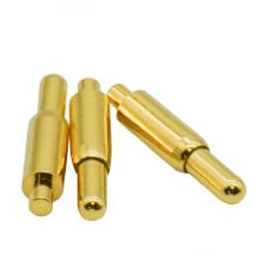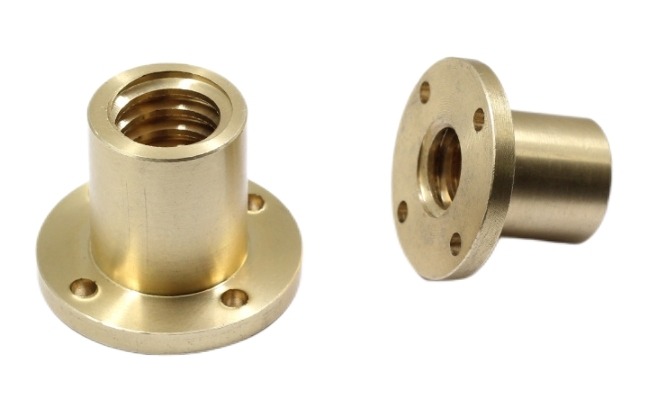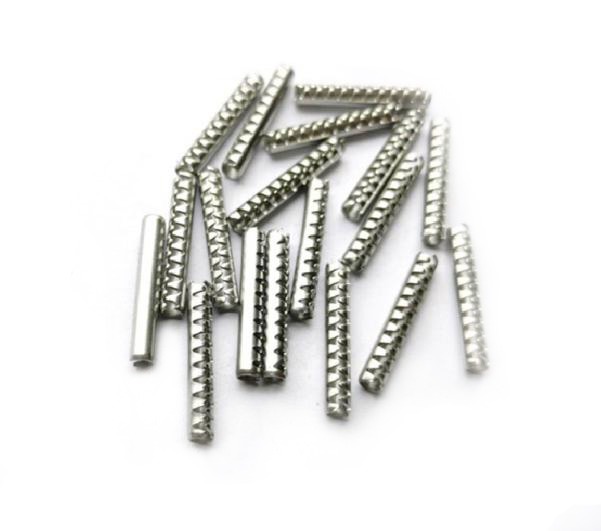What Is CNC Milling Aluminum?
CNC milling is a manufacturing process that uses computer-controlled cutting tools to remove material from a workpiece. The process is used to create a wide range of components and parts with precise dimensions and shapes and can be applied to a variety of materials such as metals, plastics, and composites. Aluminum is a widely used material in CNC milling due to its many advantageous properties.

Why Aluminum Is Important In CNC Milling
Lightweight: Aluminum is a lightweight material, which makes it ideal for creating parts and components that require a high strength-to-weight ratio.
High Strength: Despite its lightweight nature, aluminum is a high-strength material that can withstand a variety of stresses and strains.
Easy to the machine: Aluminum is a soft, ductile material that is easy to machine, making it a popular choice for CNC milling. It is also easily formed, bent, and welded.
Corrosion Resistance: Aluminum is highly resistant to corrosion, making it ideal for use in harsh environments or applications that require resistance to corrosion.
Versatility: Aluminum is a versatile material that can be used in a wide range of applications, including aerospace, automotive, electronics, and medical industries.
Cost-effective: Aluminum is a relatively low-cost material compared to other metals, making it an attractive option for manufacturing processes that require large quantities of parts or components.
What Are The Different Types Of Aluminum That Can Be Used For CNC Milling?
There are many different types of aluminum alloys that can be used for CNC milling, each with its own unique properties and characteristics. Some of the most common types of aluminum alloys used in CNC milling are as follows:
| Aluminum Type | Property | Application |
| 6061 Aluminum | Heat-treatable, good strength and corrosion resistance | Aerospace, automotive, and general-purpose applications |
| 7075 Aluminum | High strength, excellent fatigue resistance, good machinability | Aerospace, high-stress applications |
| 2024 Aluminum | High strength, good fatigue resistance, good machinability | Aerospace, aircraft structures |
| 5052 Aluminum | Non-heat-treatable, excellent corrosion resistance, good formability | Marine, industrial applications |
| 6063 Aluminum | Heat-treatable, good corrosion resistance, excellent surface finish | Extrusions, architectural applications |
| 5083 Aluminum | High-strength, excellent corrosion resistance in saltwater environments | Marine applications |
| 2024-T3 Aluminum | High-strength, good fatigue resistance | Aircraft structures, high-stress applications |
The different types of aluminum that can be used for CNC milling include 6061, 7075, and 2024 aluminum. 6061 aluminum is the most commonly used aluminum alloy for CNC milling, as it is readily available, affordable, and easy to machine. 7075 aluminum is a high-strength aluminum alloy commonly used in aerospace applications, while 2024 aluminum is often used in structural applications due to its high strength-to-weight ratio.

What Are The CNC Milling Aluminum Parts?
CNC milling is a versatile manufacturing process that can be used to produce a wide range of aluminum parts. Some common CNC milling aluminum parts include:
| Industry | CNC Milling Aluminum Parts |
| Aerospace | Aircraft frames, wing spars, landing gear components, engine parts |
| Automotive | Engine blocks, cylinder heads, suspension components, transmission cases |
| Electronics | Heat sinks, enclosures, brackets, housings |
| Medical | Orthopedic implants, surgical instruments, prosthetics |
| Marine | Hulls, propellers, keels, rudders, boat fittings |
| Architecture | Structural components, extrusions, decorative elements |
| Consumer Goods | Bicycle frames, golf club heads, camera bodies, audio equipment components |
These are just a few examples of the many different types of aluminum parts that can be produced using CNC milling. The specific parts produced will depend on the requirements of each application and the capabilities of the CNC milling machine used.
What Need To Be Considered When CNC Milling Aluminum?
When CNC milling aluminum, there are several key considerations that must be taken into account to ensure the best possible results. Some of the most important factors to consider include:
Material selection: Choosing the right aluminum alloy for the application is critical to achieving the desired strength, durability, and other performance characteristics.
Cutting tool selection: Different types of cutting tools are available for CNC milling aluminum, and selecting the right tool for the job can have a significant impact on the quality of the finished part.
Toolpath planning: The toolpath used during CNC milling can affect the surface finish, accuracy, and efficiency of the machining process. Careful planning and optimization of the toolpath can help minimize errors and maximize productivity.
Cooling and lubrication: Because aluminum is a highly conductive material that can generate a lot of heat during machining, proper cooling, and lubrication are essential to prevent damage to the tool and the workpiece.
Machine setup and calibration: Ensuring that the CNC milling machine is properly calibrated and set up for the specific job is critical to achieving accurate and repeatable results.
By paying close attention to these key considerations, manufacturers can optimize the CNC milling process for aluminum and achieve the best possible outcomes for their applications.
If you are looking for a professional CNC milling manufacturer, believe KENENG is your proper choice.

With a 3000 square meter CNC machining facility, more than 60 skilled personnel, 16 high-performance CNC machining tools to assure high output, more than 300 machining projects, 200000 machined parts each month, and 24/7 online service for before and after sales, KENENG is well-equipped to handle all machining needs. KENENG offers services for CNC processing including milling, turning, drilling, threading, tapping, wire EDM, prototyping, small batch or one-off part machining, and modification of existing parts. From the initial material inspection to the final inspection, we will inspect all parts and processes using high-precision measuring tools and cutting-edge video technology. KENENG makes sure that only high-quality products are delivered to our clients. If you have any requests, do not hesitate to get in touch with us.








